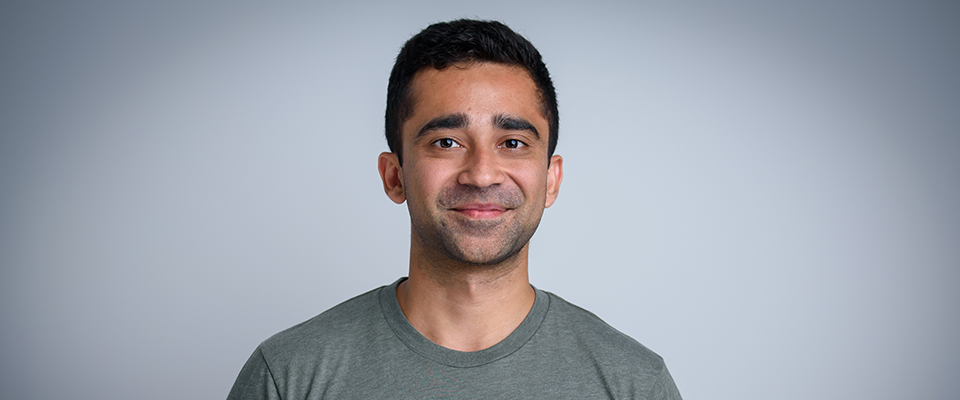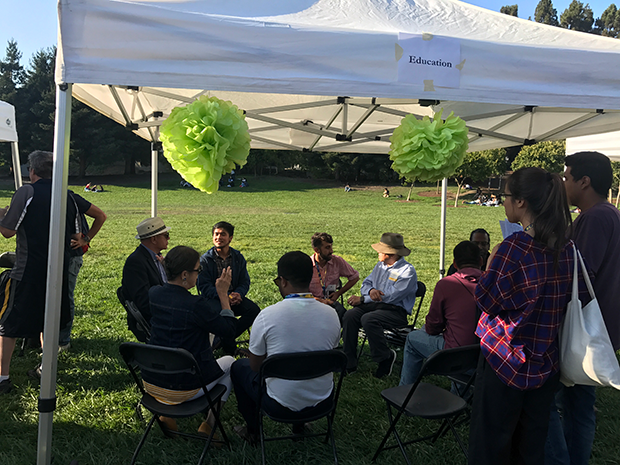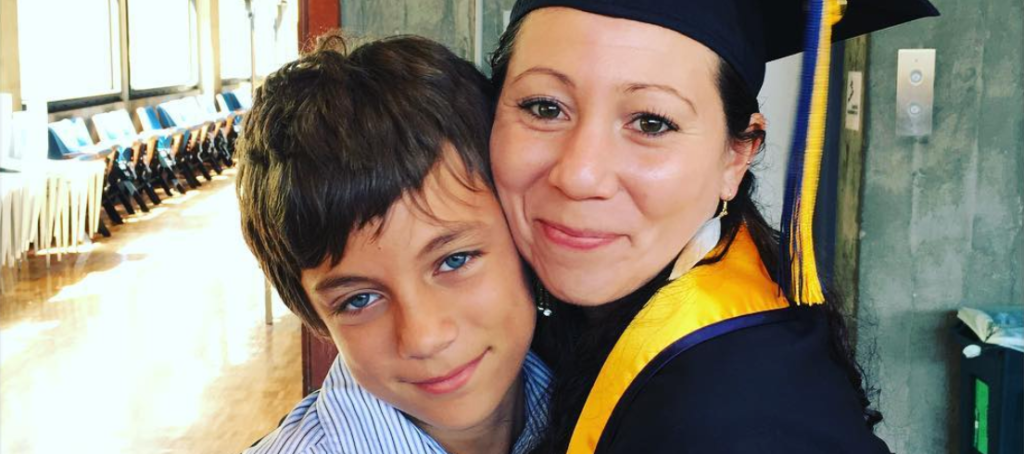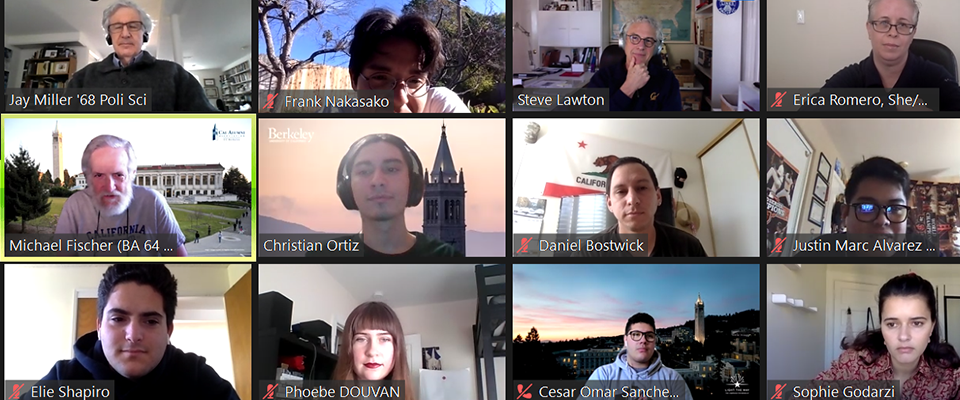For Ankur Nagpal ’09, his first day of CalSO (the orientation for new UC Berkeley freshman and transfer students, now Golden Bear Orientation) was also his first time in California—and America. Ankur was born in India but grew up in Oman, and it wasn’t until high school that he decided to pursue his college education in the United States.
“My dad had the idea for me to study in America because it was something [my parents] had wanted to do, but never did,” Ankur says. He applied to many different schools around the country, but ultimately decided to go to Cal.
Starting Out at Cal
Ankur’s childhood interest in computers and the university’s proximity to Silicon Valley made it seemingly obvious what his major should be: computer science. But by the end of three-and-a-half years at Cal, Ankur was acutely aware of the difference between liking computers and liking the field of computer science.
“I ended up taking a lot of econ classes, and I started a Facebook app development business during the summer after freshman year with my friends,” he explains. “I’d always had an entrepreneurial spirit.”
The app-development program had begun as something fun among friends and took up the time other students might have dedicated to on-campus organizations and clubs. Ankur played cricket at Cal with many other international students, but otherwise spent the majority of his time creating things online: personality quizzes and Facebook games for other Berkeley students, and even a side project website.
At the time, Ankur believed this sort of lighthearted work was what he wanted from a job after graduation. He didn’t feel a push to seek anything more, and he could still take advantage of many opportunities to connect and foster relationships with people who shared his interests in app development and the larger tech industry.
By the time graduation rolled around, however, Ankur admits he had a “mini existential crisis.” While it had been fun to create innocuous online quizzes on Facebook, he began to wonder, “Have I added anything to the world?”
Founding Fedora
“Have I added anything to the world?”
In 2013, four years after leaving Berkeley, Ankur moved to New York, where he spent another five months asking the same questions he’d posed to himself at Cal: “Have I added anything to the world? What do I want to do with my life?”
Eager to find an outlet for his energy, Ankur began teaching courses online at General Assembly and Udemy. “I’d always wanted to teach a DeCal at Berkeley, but never ended up doing it. I felt like I’d learned a lot from building apps in college, so I wanted to share that knowledge with others,” he says.
A month later, he made a realization: “Wouldn’t it be cool if I could package this class I’m teaching and sell it on my own website [Fedora]?” Ankur repurposed the site into a platform upon which he could sell his class to customers on a small scale. These customers shared the news with others and put Ankur in touch with a wider community of people who all had interest in becoming online teachers like him. He supported these new teachers through Fedora, but knew there was a larger opportunity available.
“About six months into this process, I realized this could actually be a company,” he remembers, “so I decided to fly back to California to reach back out to the people who I’d originally made businesses with [at Cal] to raise money and found [the] company.”
In 2015, Ankur’s side project from Berkeley transformed into Teachable, an online platform that today enables more than 62,000 teachers to make and sell their own online classes.
Growing into Teachable
Today, Ankur’s hopes for Teachable remain true to his original goals. The platform enables tens of thousands of people to become creators and teachers and both fulfills the passion and answers the questions Ankur discovered at Berkeley. The company was something he’d built, but would live beyond him.

Ankur doesn’t let his success, nor his recent Forbes 30 Under 30 nomination, distract him. “Someone else actually told me that I’d won,” he recalls. “I’d suspected I’d won some time beforehand because someone [from Forbes] contacts you, but someone else told me when the list came out. When my parents found out about it, they called and asked me what happened, and I told them, ‘Oh, I’ve known for weeks, I just forgot to tell you.’”
Ankur recognizes his achievement in founding Teachable, but he also senses his relative insignificance. “At the end of the day, there’s a whole group of people here. I’m just one very, very small part of what makes this organization work. It feels strange to be honored for something my team did well because this is the work of eighty other people, plus the creators on the platform.”
In the coming years, Ankur aims to continue building Teachable to better serve creators. “There’s a movement of people who earn a living by selling their knowledge and expertise, basically a product of their mind, online. We’re in a unique place where we can help define that movement and be a part of it,” he explains.
Teachable’s business model differs from those of other online course platforms by considering the teachers its customers, not the learners. This system is ultimately what continues to motivate Ankur, because it pushes others to achieve a goal he shares: becoming an entrepreneur.
Although Ankur’s current home in New York puts him across the country from Cal, he remembers his time at Cal fondly. “How could I not?” he laughs. He still recalls his first apartment—down to the street address—on Telegraph Avenue, and remains a loyal Cal football fan. “As hard as it’s been over the past few years,” he jokes, “I always try to go to a game whenever I’m back in California.” With Teachable, Ankur holds close the support he received from the people he met at Berkeley. He is grateful for everyone, from those he met through friends to his roommate, who invested in the early stages of the company.

“I definitely want to give back to Cal,” he says, “particularly to help international students during their transition, not just into the university, but also the country.” During Ankur’s own move to America, he didn’t seek out student resources at Berkeley because he didn’t want to emphasize his differences. “The paradox of being an immigrant, especially at the age of 17, is that everyone wants to fit in and you don’t want to feel even more different.”
Ankur is now able to support Cal grads by employing them at Teachable, but still hopes to find avenues to provide resources and opportunities for current Cal students. “Students are in a unique place to form a lot of connections with people not just at Cal, but also in San Francisco and Silicon Valley,” Ankur says. “If you’re 17, passionate about what you’re doing, and don’t limit yourself, you can find mentors and build relationships. If you allow yourself to explore your passions in a deep, unapologetic way, you’re not bugging someone for advice; you’re just starting a dialogue with them about something you’re both interested in.”
by Courtney Cheng ’16




















